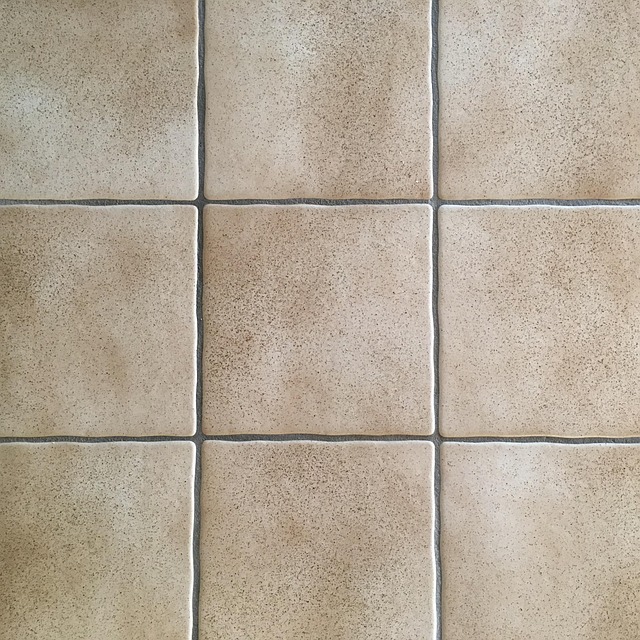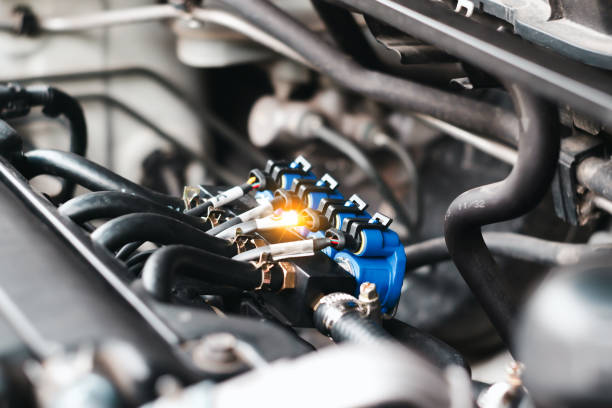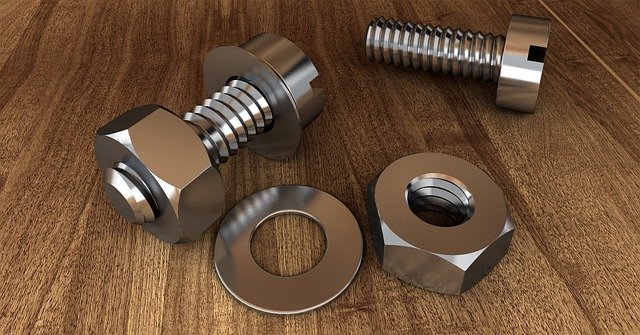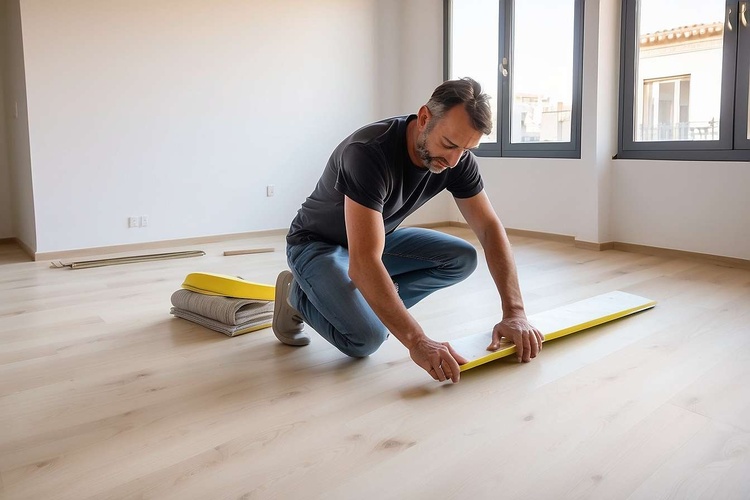Transforming Your Garage Floor: The Ultimate Guide to Garage Floor Coatings
Garage floor coatings have become increasingly popular among homeowners looking to enhance the appearance and durability of their garage spaces. These protective layers not only improve the aesthetics of your garage but also provide a range of functional benefits. From epoxy to polyurethane, various coating options are available to suit different needs and preferences. This comprehensive guide will explore the world of garage floor coatings, helping you understand their types, benefits, and considerations for installation.
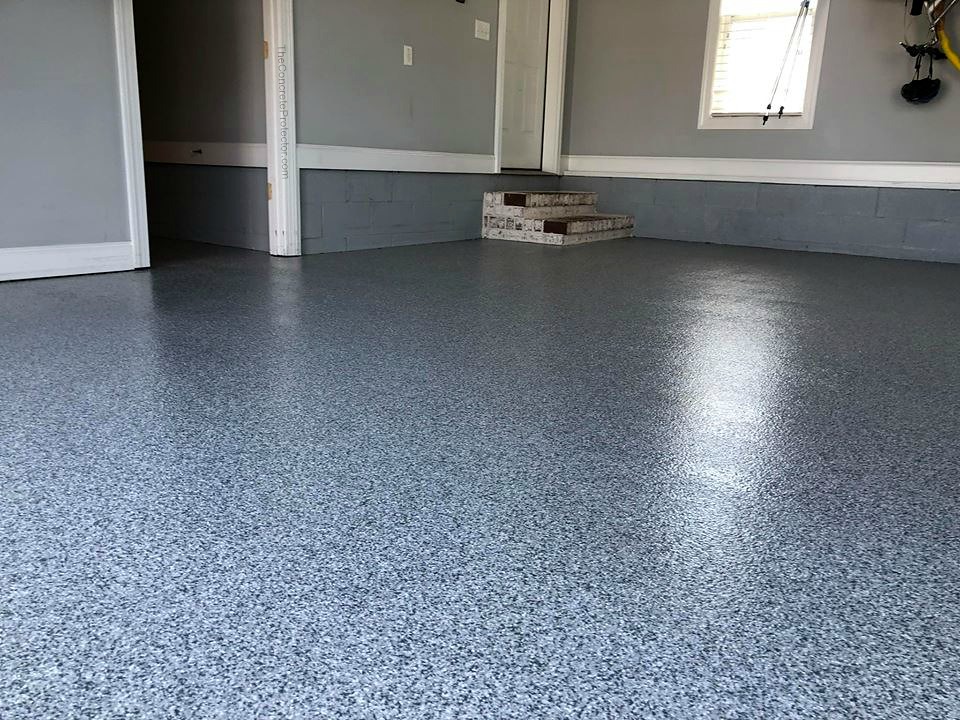
Why should you consider a garage floor coating?
Applying a coating to your garage floor offers numerous benefits. Firstly, it significantly improves the floor’s resistance to oil, gasoline, and other automotive fluids, preventing stains and making cleanup easier. Secondly, these coatings enhance the floor’s durability, protecting it from cracks, chips, and other forms of damage. Additionally, garage floor coatings can increase the brightness of your space by reflecting light, making it easier to work in your garage. They also add value to your home by creating a more polished and organized appearance.
What types of garage floor coatings are available?
There are several types of garage floor coatings to choose from, each with its own set of characteristics:
-
Epoxy: This is the most popular choice for garage floors. Epoxy coatings are known for their durability, chemical resistance, and attractive high-gloss finish. They come in various colors and can be customized with decorative flakes or quartz for added visual appeal.
-
Polyurethane: While less common than epoxy, polyurethane coatings offer excellent UV resistance and flexibility. They are often used as a topcoat over epoxy for added protection and shine.
-
Acrylic: These coatings are less durable than epoxy or polyurethane but are easier to apply and more affordable. They’re suitable for garages with light use.
-
Polyaspartic: This relatively new type of coating offers rapid curing times and excellent durability. It’s ideal for those who need to use their garage quickly after installation.
How is a garage floor coating applied?
The application process for garage floor coatings typically involves several steps:
-
Surface preparation: This crucial step includes cleaning the floor thoroughly and etching or grinding the concrete to ensure proper adhesion.
-
Repairs: Any cracks, chips, or imperfections in the concrete are filled and repaired.
-
Primer application: A primer is often applied to improve the coating’s adhesion and durability.
-
Coating application: The main coating is applied in one or more layers, depending on the product and desired thickness.
-
Optional decorative elements: If desired, color flakes or quartz can be added for texture and visual interest.
-
Topcoat application: A clear topcoat is often applied to enhance durability and provide a high-gloss finish.
What are the costs and options for garage floor coatings?
The cost of garage floor coatings can vary significantly depending on factors such as the type of coating, the size of your garage, and whether you choose professional installation or a DIY approach. Here’s a comparison of some common options:
| Coating Type | Provider | Cost Estimation (per sq ft) |
|---|---|---|
| Epoxy (DIY kit) | Rust-Oleum | $0.50 - $2.00 |
| Epoxy (Professional) | Local Contractors | $3.00 - $12.00 |
| Polyurethane | Professional Installers | $4.00 - $7.00 |
| Polyaspartic | Specialized Coating Companies | $6.00 - $14.00 |
| Acrylic Sealer | DIY Stores | $0.30 - $0.80 |
Prices, rates, or cost estimates mentioned in this article are based on the latest available information but may change over time. Independent research is advised before making financial decisions.
It’s important to note that while DIY options may seem more cost-effective, professional installation often provides better results and longer-lasting protection. The cost of professional installation typically includes thorough surface preparation, high-quality materials, and expert application techniques.
How do you maintain a coated garage floor?
Maintaining a coated garage floor is relatively simple but crucial for its longevity. Regular sweeping and occasional mopping with a pH-neutral cleaner will keep the surface clean and shiny. Avoid using harsh chemicals or abrasive cleaning tools that could damage the coating. For oil or chemical spills, clean them up promptly to prevent staining. With proper care, a high-quality garage floor coating can last for many years, continuing to protect and enhance your garage space.
Garage floor coatings offer a practical and attractive solution for homeowners looking to upgrade their garage spaces. By understanding the types of coatings available, their benefits, and the application process, you can make an informed decision about whether a garage floor coating is right for you. Whether you prioritize durability, aesthetics, or ease of maintenance, there’s likely a garage floor coating option that meets your needs and budget.


